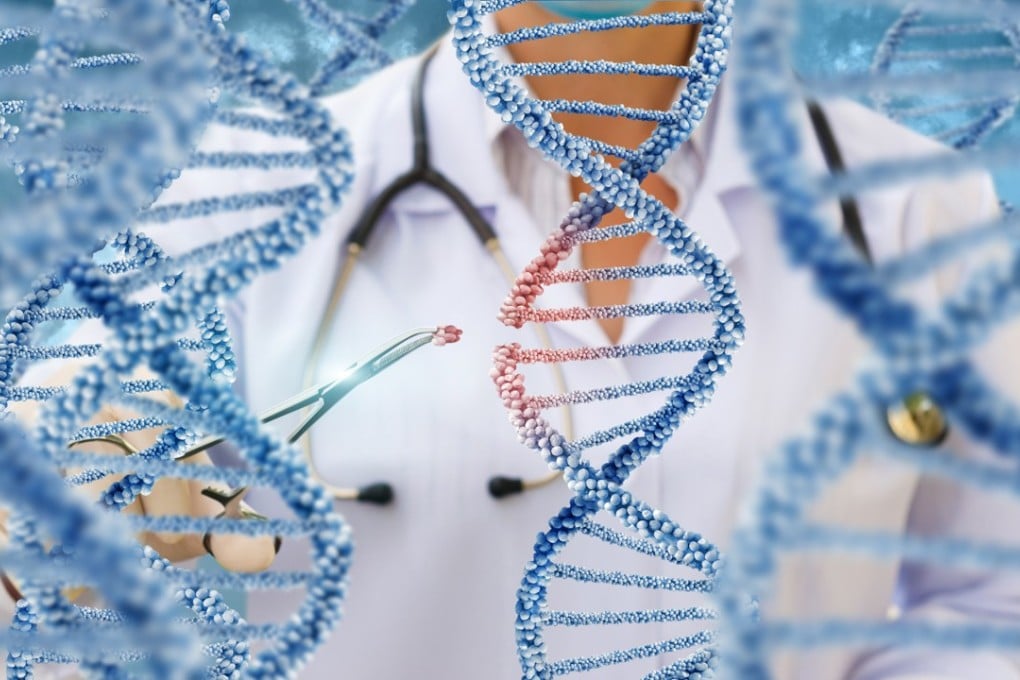Explainer | What is gene editing? Who’s doing it? And is it right? Chinese scientist He Jiankui’s controversial experiment explained
- The discovery of CRISPR-Cas9 technology has accelerated the abilities of scientists to enhance crops, control infection, and eliminate hereditary diseases. It also opens the door to radical changes to human DNA

The scientific community is largely aghast at the claim that a woman in China gave birth to the world’s first genetically edited babies earlier this month, born from embryos modified to make the twins resistant to HIV infection.
The announcement was made on Monday by Chinese scientist He Jiankui on the eve of the Second International Summit on Human Genome Editing, held in Hong Kong, where the world’s leading thinkers in the field have converged to discuss the technology and its ethics.
His claim has deepened the sense of urgency surrounding the debate on the morality of gene editing, one that has already intensified in recent years with the rapid advance of technology.
These advances are largely due to the discovery of a powerful gene editing tool known as CRISPR-Cas9, whose gene editing applications were first identified by University of California, Berkeley biochemist Jennifer Doudna and Emmanuelle Charpentier, director of the Max Planck Institute for Infection Biology in Berlin.